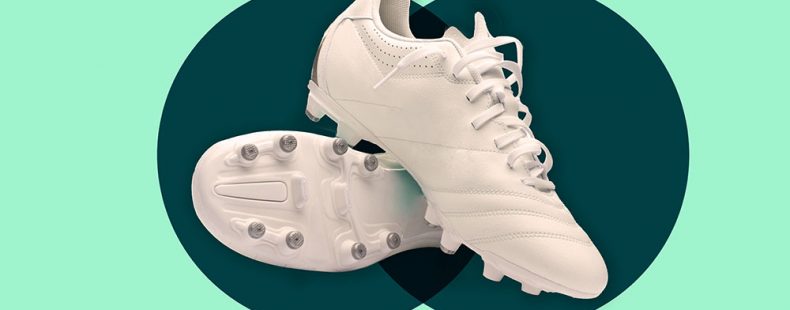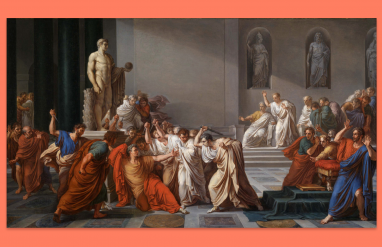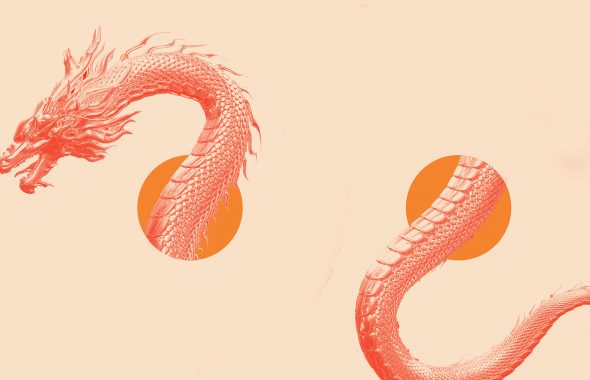As you likely know, English is spoken all over the world. At the same time, there are many different types of English, such as American English, British English, and Australian English. Regardless of whether you live in Chicago, London, Toronto, or Sydney, many English words exist everywhere with the same meaning.
However, there are quite a few words used by Americans and Canadians that aren’t commonly used anywhere else. These words are either rarely used in the UK, and British dictionaries may not even acknowledge their existence—or identify them as words only Americans and Canadians say.
By now, you’re probably curious as to what kinds of words we’re talking about. The following nonexhaustive list contains some words you will hear commonly used in the US, but may raise an eyebrow when said on the other side of the Atlantic.
🧠 What sets American and British English apart?
English is one of the most widely spoken languages in the world, and you’ll find its more than 1 billion speakers just about everywhere. (Scientists have even taken the English language to Antarctica!) But there are two particular groups of English speakers we’ve focused on in this article—and they are the ones who live on both sides of the Atlantic Ocean, or what the Brits like to call “the pond.” If you’re curious to learn more about what sets British and American English apart, besides an ocean, you’ll learn more with our guide to the different terms, spellings, and pronunciations of American and British English.
bachelorette party
In the UK, the word bachelorette (a combination of the word bachelor and the feminine noun suffix -ette) for an unmarried young woman is less commonly used than it is in the US and Canada. So, a bachelorette party in the UK is instead referred to as a hen party, hen night, or hen do. Interestingly, unmarried UK men must also be party animals because the term stag party is more commonly used there than bachelor party.
checkers
The American and Canadian name for the game of checkers seems to be based on the checkerboard surface the game is played on. In the UK, the game is instead known as draughts after a pluralization of the word draught that was once used to refer to a move in chess.
cleats
Americans refer to shoes with rubber or metal projections underneath them as cleats while Brits prefer the term studs. Both terms are pluralizations of words that refer to a single projection attached to the shoe, cleat and stud.
cooties
In America, young boys and girls know to keep their distance from one another or risk getting cooties. In the UK, not so much. This name for a fictional disease seems to be based on the word cootie to refer to a body louse, which originates from the Malay word kutu.
cookout
The word cookout is an Americanism formed from the verb phrase cook out. In the UK, the word barbecue (also an Americanism) is more commonly used to refer to parties where food is cooked outside.
cotton candy
A mass of fluffy sugar on a stick is called cotton candy in the US and candyfloss in the UK. Both names likely reference the shape and texture of the candy.
craps
The name of the dice game known as craps is an Americanism that is believed to come from a variant of the word crabs, which referred to a bad roll in another dice game known as hazard. The slang word crapshoot comes from the name of a game of craps, so it too is rarely used in the UK.
discombobulate
The Americanism discombobulate is thought to be a humorous alteration of the word discompose or discomfort.
freeway and beltway
The US and UK use different road systems, so the Americanism freeway to refer to toll-free roads isn’t used in the UK. Similarly, the American word beltway for a belt-shaped length of highway around a city doesn’t see much use in the UK either.
doohickey, doodad, thingamajig, thingamabob, whatchamacallit
The words doohickey, doodad, thingamajig, thingamabob, and whatchamacallit are some examples of colloquialisms that Americans use to refer to gizmos, gadgets, and other things popular among mermaid princesses. In the UK, the word thingummy is more popularly used to refer to random things.
drugstore
The word drugstore is an Americanism that refers to a store that sells (pharmaceutical) drugs and possibly other items. In the UK, the term pharmacy is used to refer to a place that sells pharmaceuticals.
dude
The word dude, whether it refers to a cowboy on a ranch or a California surfer hanging ten, is an Americanism with an unknown origin. As a result, you are unlikely to hear it used in the UK. You might hear bloke or mate instead.
dumpster
The dumpster was invented by American George Dempster and was used by the Dempster Brothers Company. It isn’t too surprising that this trashy word that resulted from an American trademark has yet to become popular anywhere else.
flashlight
The word flashlight is used by Americans to refer to a battery-powered electric lamp. In the UK, this device is instead known as a torch.
freshman, sophomore, junior, and senior
The US and UK take different approaches when it comes to school and that includes how people refer to students. In the US, a high school or college student is referred to as a freshman, sophomore, junior, or senior usually depending on what year of school they are in. None of these words are used to describe UK students, and phrases such as first year or second year are used instead.
jackhammer
The word jackhammer is an Americanism resulting from combining the names of two tools, jack and hammer. In the UK, this tool is usually called a pneumatic drill or similar name.
ladybug
The names ladybug and ladybeetle for the Coccinellidae family of beetles are popularly used among Americans, but Brits prefer the name ladybird for these creepy crawlies. Regardless of which name is used, it seems that the “lady” that all of these beetles are named after is Mary, the mother of Jesus Christ.
narc/nark
In the US, the slang narc/nark (short for narcotics) is used as a noun and a verb to refer to reporting someone to the police. In the UK, the slang grass is used instead both as a noun and verb for the same reason.
period
In the US and Canada, the punctuation mark resembling a dot used to end sentences is called a period. In the UK, this mark is instead more commonly known as a full stop or full point.
rutabaga
The rutabaga, also known as Swedish turnip, gets its name through an Americanism from the Swedish rotabagge. In the UK, this root is commonly known as a swede, referencing its Swedish origins.
scuttlebutt
In both the US and UK, the word scuttlebutt is used to refer to a drinking fountain on a ship. More commonly in the US, though, scuttlebutt is also used as a slang term to refer to rumors and gossip, likely referencing gossipy sailors who gathered while getting a drink.
sidewalk
In the US, the word sidewalk refers to a paved path that people can walk along the side of a road. In the UK, the words pavement or footpath are more likely to be used instead.
sneakers
Most sources claim that the word sneakers or sneaks referring to shoes emerged in the 1800s to refer to noiseless shoes with rubber soles. These words aren’t common in the UK, and Brits are more likely to use the word trainers to refer to casual footwear.
sweatpants
The word pants often refers to underwear rather than outerwear in the UK. Likely for this reason, the word sweatpants is used a lot more often in the US.
thumbtack
While the word thumbtack isn’t totally alien to the UK, the term drawing pin is the more common name for the tiny fastener.
trash and garbage
In the US, the words trash and garbage are commonly used to refer to unwanted junk people throw away. In the UK, other words such as rubbish or litter are more commonly used. Along the same line, Brits are more likely to chuck something into a dustbin rather than a trash can.
washcloth
The word washcloth is an Americanism that combines the words wash and cloth. In the UK, the terms face cloth or flannel are much more likely to be used to describe towels or cloths used to wash the face and body.
Zee
Americans typically say the letter Z out loud as zee. This preference seems to be based on the spoken form of other letters, such as B (“bee”), C (“see”), and D (“dee”). Elsewhere in the English-speaking world, the letter Z is spoken as zed. It is thought that this form is based on the French name for the letter, zede, which comes from the Greek zeta.
Take the quiz
Our list is done, but these are hardly all of the words that see more usage on the west side of the Atlantic. You might be able to think of some that we missed, and we will likely see some totally new words that become popular among Americans and Canadians. If there is one thing we know, it is that the English language never stops surprising us!
While you are thinking of all the words we may have missed, check out our word list for some extra practice. (Maybe a pair of cleats will come in handy!) If that is not enough, test your skills by taking our quiz.













